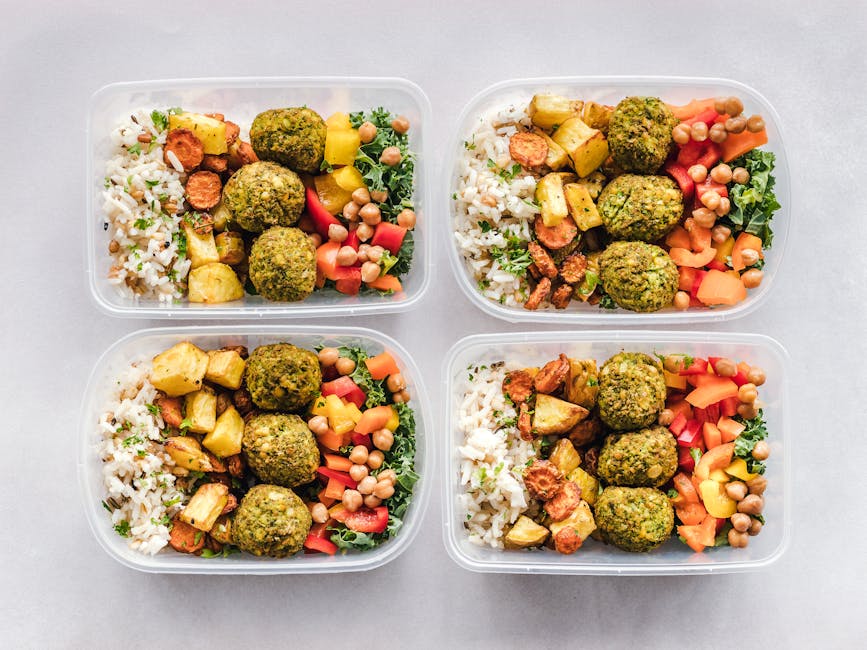As the saying goes, "you are what you eat." Our diet plays a pivotal role in determining our overall health, including our weight. While it may seem like a daunting task to overhaul our eating habits, understanding the principles of a balanced diet can lead to significant weight loss and countless health benefits.
**The Basics of a Healthy Diet**
A healthy diet should be rich in nutrient-dense foods, such as fruits, vegetables, whole grains, and lean protein. These foods provide our bodies with the essential vitamins, minerals, and fiber we need to function optimally. Fruits and vegetables are low in calories and high in fiber, which helps promote satiety and reduce overall calorie intake. Whole grains provide a steady supply of energy and promote gut health. Lean protein, such as fish, chicken, and beans, helps build and maintain muscle mass, which is essential for burning calories.
**The Importance of Calorie Control**
In order to lose weight, we need to create a calorie deficit. This means consuming fewer calories than we burn. A healthy calorie deficit for most people is around 500-1000 calories per day. It is important to note that extreme calorie restriction can be counterproductive and lead to nutrient deficiencies.
**Hydration and Exercise**
Drinking plenty of water throughout the day can help curb hunger and boost metabolism. Aim to drink at least eight glasses of water per day. Exercise is another crucial component of a weight loss plan. Regular physical activity burns calories, builds muscle, and improves overall health.
**Making Gradual Changes**
Attempting to revamp your diet overnight can be overwhelming and unsustainable. Instead, focus on making gradual changes over time. Start by incorporating more fruits and vegetables into your meals, or swap out processed snacks for healthier alternatives. Gradually reduce your portion sizes and limit your intake of sugary drinks and unhealthy fats.
**Consistency and Patience**
Losing weight takes time and consistent effort. Do not get discouraged if you do not see results immediately. Focus on making healthy choices most of the time and do not give up if you slip up occasionally. Remember that weight loss is a journey, not a destination.
**Mindful Eating**
Mindful eating involves paying attention to your food and eating slowly and intentionally. This practice can help you become more aware of your hunger cues and avoid overeating. Take the time to savor your meals and appreciate the flavors and textures.
**Seeking Professional Help**
If you are struggling to lose weight on your own, consider seeking professional help from a registered dietitian or doctor. They can provide personalized guidance, support, and accountability to help you achieve your weight loss goals.
Remember, a healthy diet is not just about losing weight; it is about fueling your body with the nutrients it needs to thrive. By making gradual changes to your eating habits and embracing the principles of a balanced diet, you can unlock a healthier lifestyle and achieve your weight loss goals.

